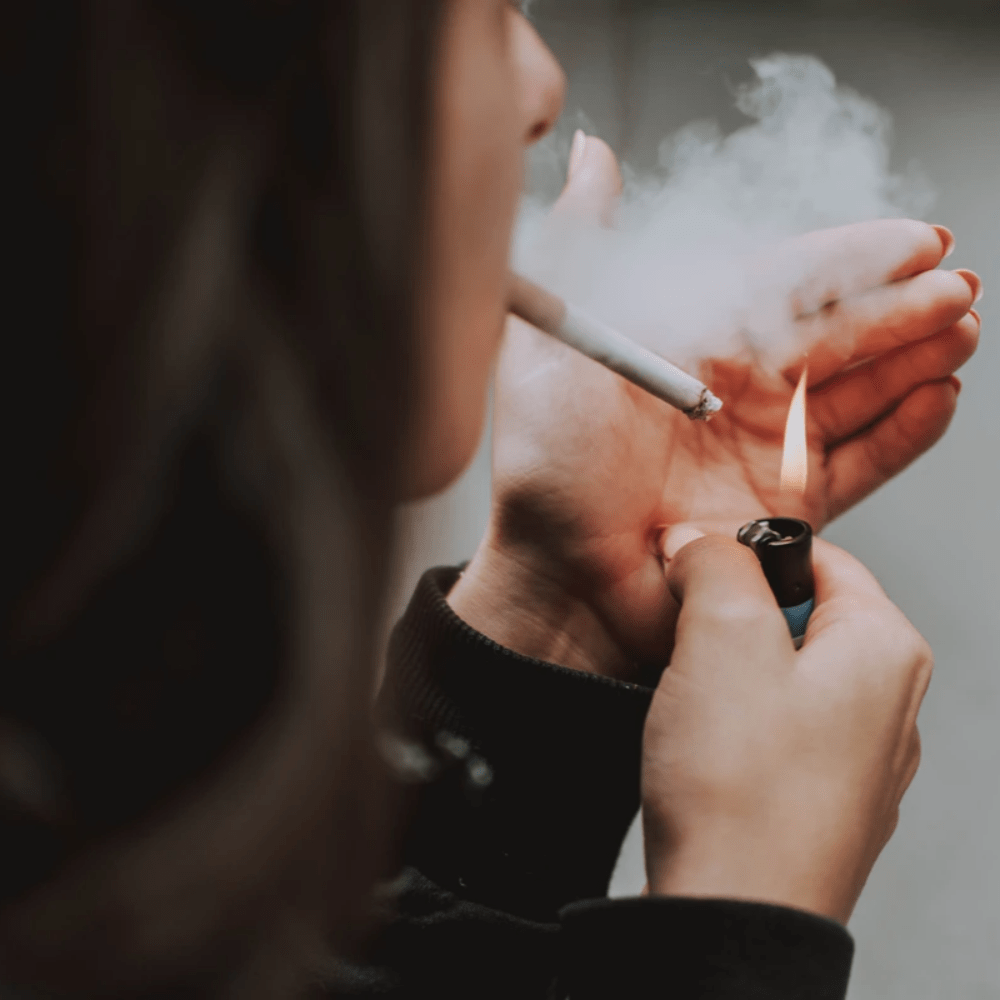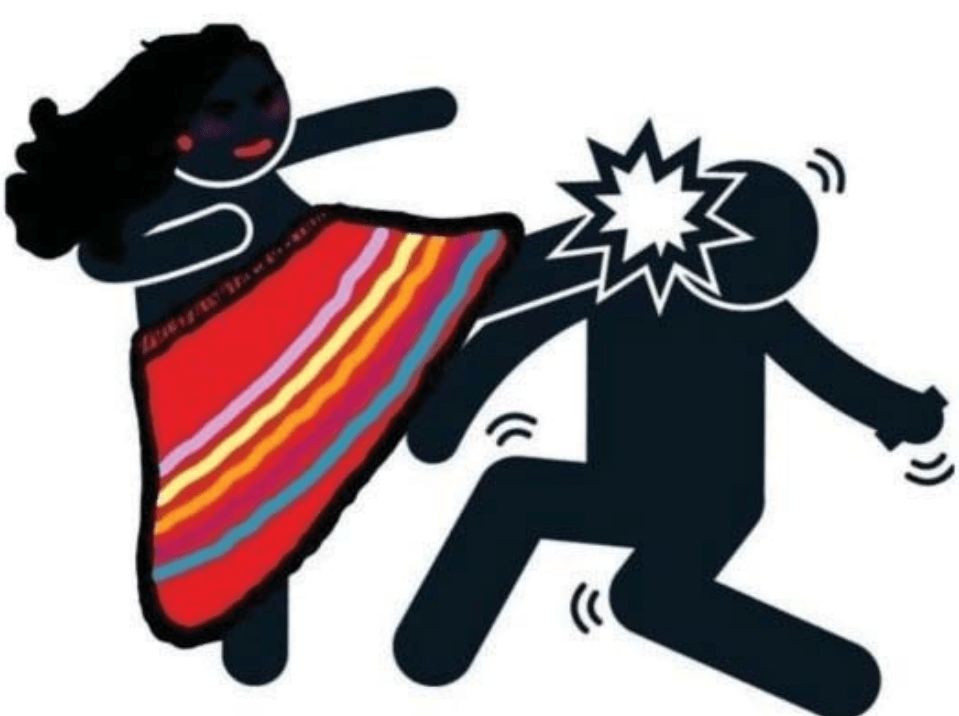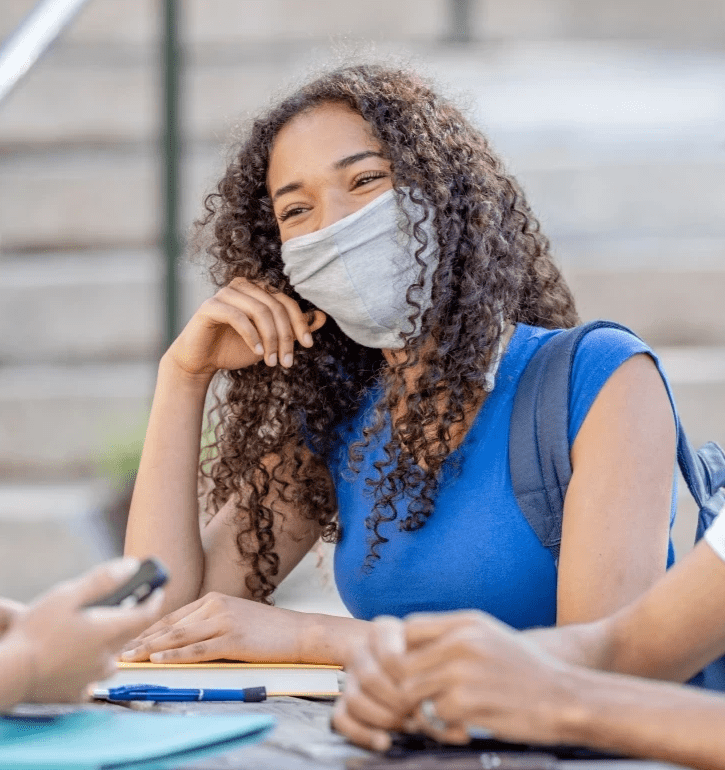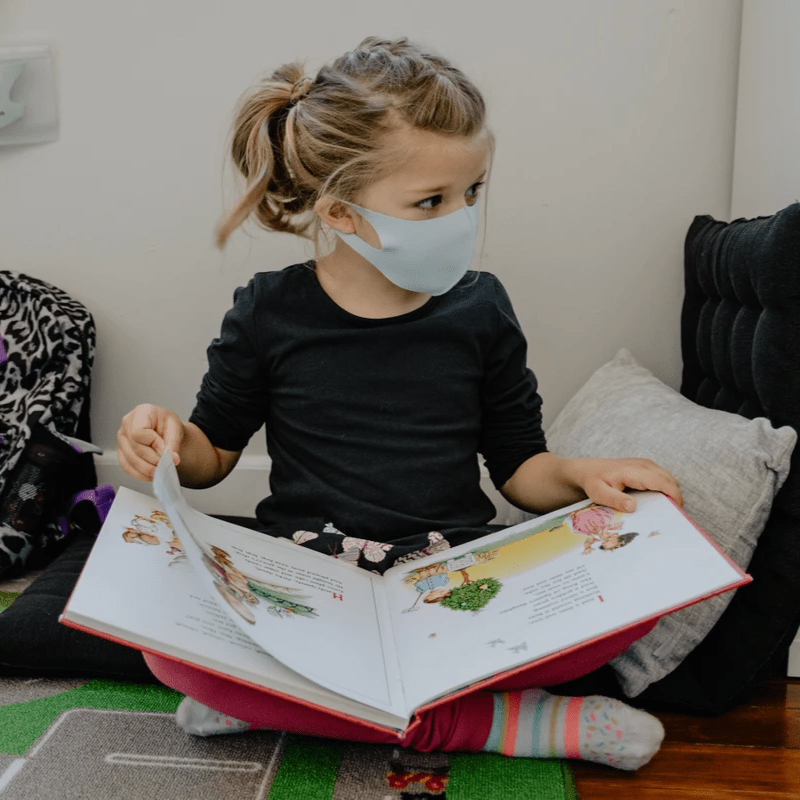
COLE Lab
Cultivating Opportunities that Lead to Equity (COLE) Lab
Oklahoma State University
Projects & Publications

The Application of a Smartphone Based Smoking Cessation Tool with American Indian Adult
(R01CA221819-01A1S1; PI: Businelle; PI of Supplement: Cole, 07/01/2019–06/30/2021, NIH/NCI)
In this supplemental project, interviews are conducted with American Indians (AIs) following their 6-month participation in a smoking cessation randomized controlled trial (RCT) intervention delivered via smartphone apps to determine their perceived usability. Results of this study will be used to inform cultural modification of smoking cessation smartphone apps for AIs who want to quit smoking.

Tobacco Cessation among American Indian Cancer Survivors in Cherokee Nation
(P20 CA253255-01; MPIs: Khan, Doescher, & Sewell, 05/01/2020-04/01/2024, NIH/NCI)
This collaboration between the Cherokee Nation of Oklahoma, the University of Oklahoma Health Sciences Center, and Oklahoma State University aims to create the capacity to address cancer disparities in the Cherokee Nation through a linked program of pilot research and training/education for new investigators and students committed to advancing this work.

Empowering Indigenous college women to stop rape: A treatment development study
(Co-PIs: Anderson & Cole, 09/01/2020-08/01/2021; Peace Outside Campus: The Lindsey M. Bonistall Foundation Grant & North Dakota State Office Grant)
This multi-site project uses mixed methods and aims to develop a culturally adapted intervention to empower Indigenous women and their communities to reduce rape while in college at Tribal colleges and at predominantly White institutions (PWIs) in North Dakota and Oklahoma.

EASE Study: Mobile Health to Monitor Risk for COVID-19 and Improve Mental Health during the Pandemic
(R01MH126586 (MPIs: Businelle & Zvolensky; Co-I: Cole)
This project aims to address health disparities in access to behavioral health care during COVID-19 among Black, Latino, and American Indian (BLAI) populations via an adaptation of our team’s established, initially validated, low-cost, mobile application (app) that will target ongoing mental health concerns among BLAI populations with elevated anxiety and/or depression symptoms. The app will address anxiety sensitivity, a transdiagnostic individual difference factor implicated in the etiology, maintenance, and progression of anxiety and depression symptoms and syndromes. Primary outcomes will include: 1) examining intervention effects, 2) examining mechanisms of action, and 3) identifying potential moderators. Exploratory outcomes will involve identifying opportunities to improve the efficacy, reach, and adoption of the app across underserved groups.

Health Behaviors and Resilience among College Students and Community Members (PI: Cole)
This cross-sectional study seeks to better understand relationships between health behaviors and mental health factors, including protective/resilience factors and risk factors, across samples of American Indian community members and non-Hispanic White college students.
Impact of Coronavirus on Young Adults (I-COYA; PI: Clawson)
This longitudinal study seeks to better understand the impact of Coronavirus (COVID-19) on the experiences of college students. Specifically, the project examines the impact of COVID-19 on college students' psychosocial and behavioral functioning. Given the disproportionate impact of coronavirus on individuals from diverse racial and ethnic backgrounds, we are particularly dedicated to enhancing our understanding of the effects of the coronavirus on young adults of color. Additionally, we are interested in the unique impact of coronavirus on young adults living with chronic medical conditions.

Impact of Coronavirus on Parenting Experiences (I-COPE; PI: Clawson)
This study seeks to better understand the impact of Coronavirus (COVID-19) on parenting experiences and family health. Specifically, the project examines differences in parent and child health and psychosocial functioning across families with and without asthma and to identify factors of risk and resilience associated with these outcomes. Additionally, this project seeks to better understand the impact of COVID-19 on families of color.

Mindfulness as a Potential Moderator Between the Historical Trauma Response and Substance Use Among American Indian Adults
This study seeks to better understand the impacts of historical trauma, substance use, and mindfulness among American Indian/Alaska Native (AI/AN) adults. Specifically, the project examines the relations between the historical trauma response and substance use among AI/AN adults by incorporating mindfulness as a potential moderating factor. This study is being conducted to fulfill Cassidy Armstrong's master's thesis requirement.

Cognition and Resilience in Relation to Negative Life Events
This study seeks to investigate cognitive appraisal patterns, cultural factors, resilience factors, and health behaviors as they relate to experienced negative life events. Specifically, the study's aims include: 1) examining associations between cognitive appraisal patterns and PTSD symptoms among racially/ethnically diverse college students, and 2) identify potential protective factors that may moderate the relation between negative cognitive appraisals and PTSD symptoms.
© 2018








